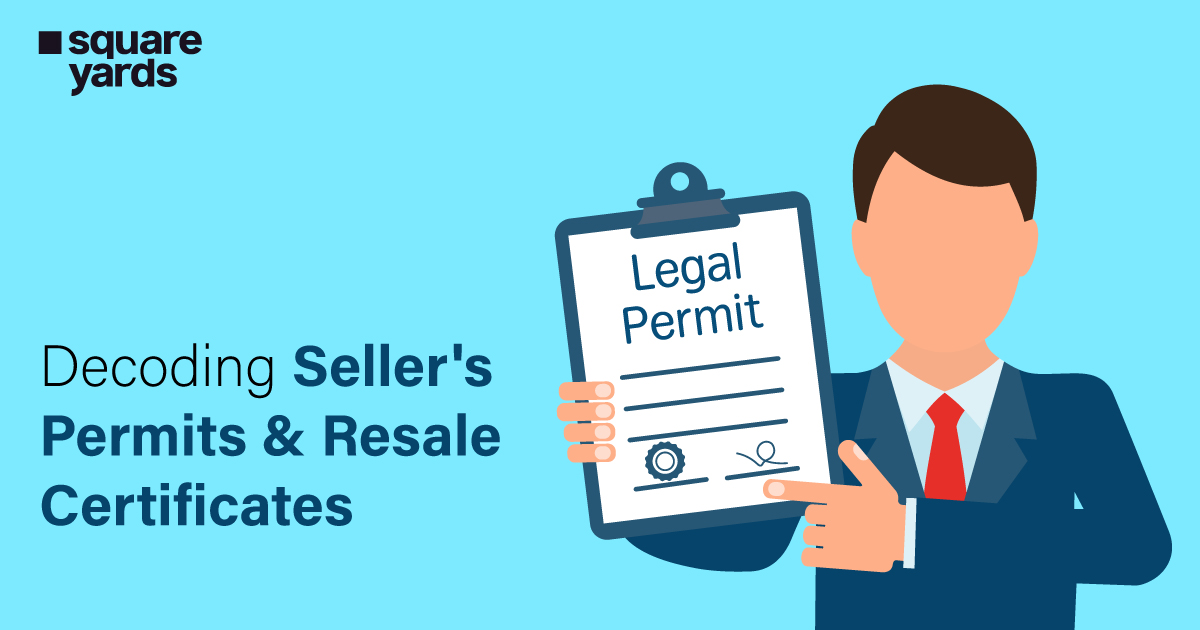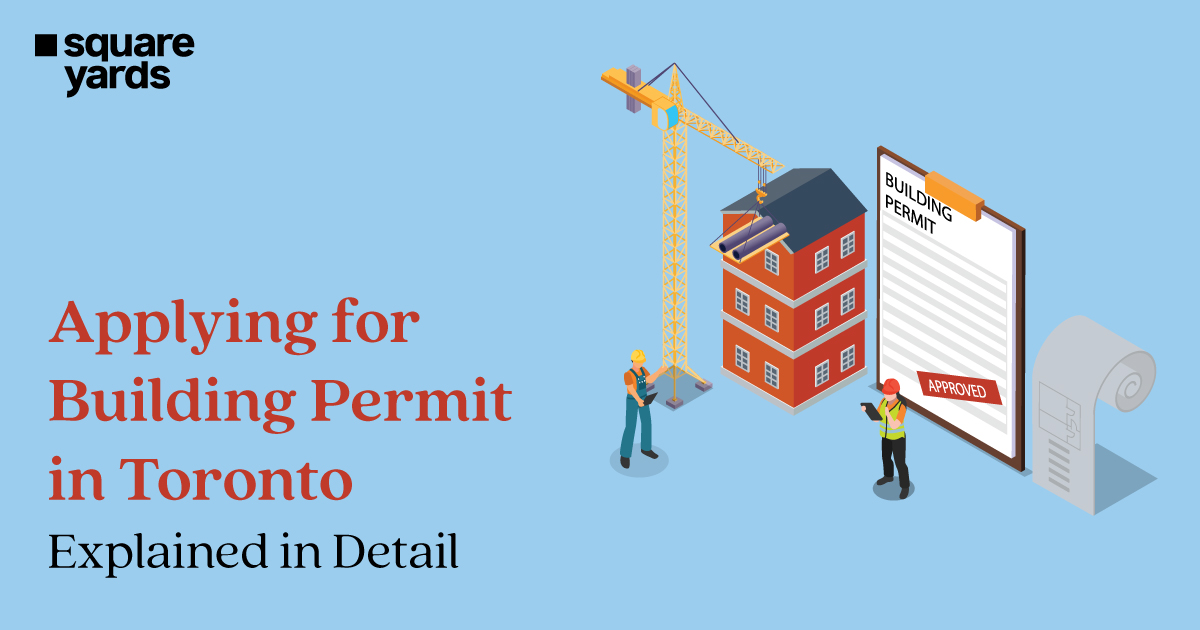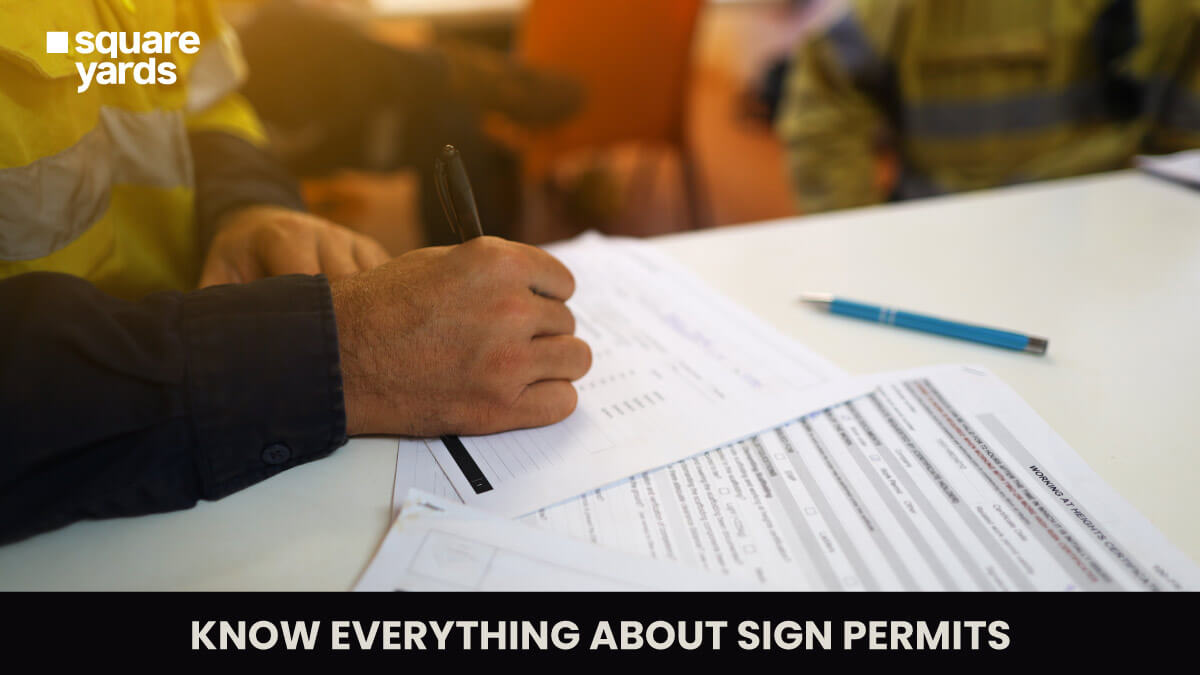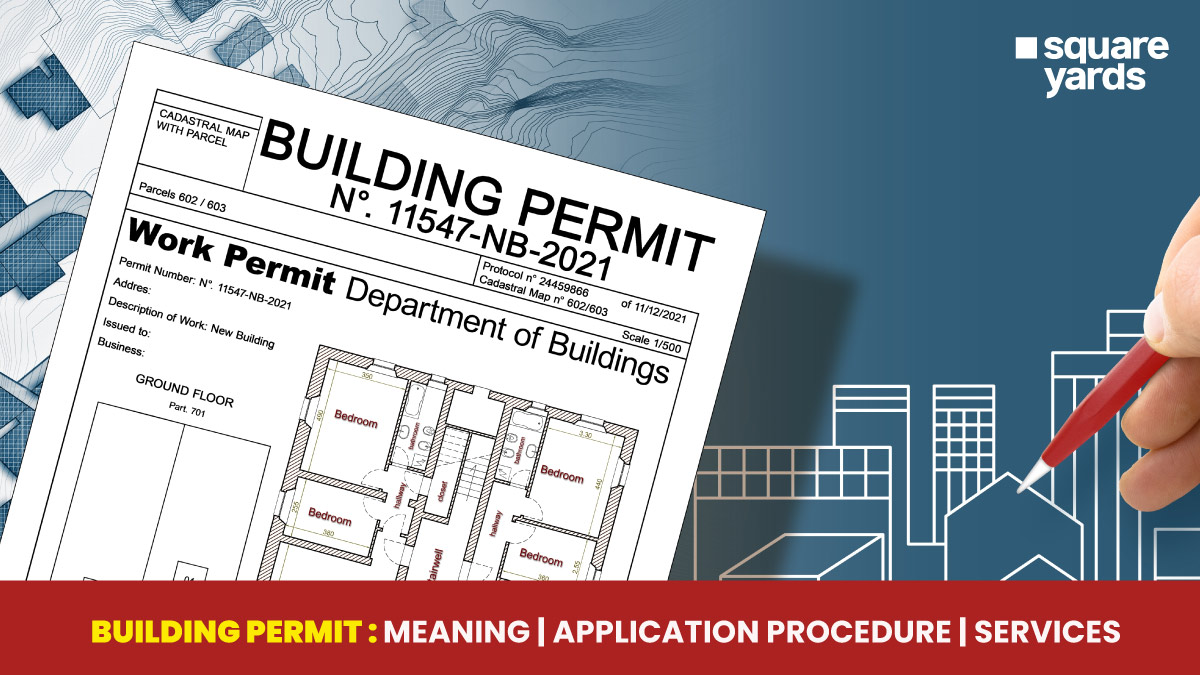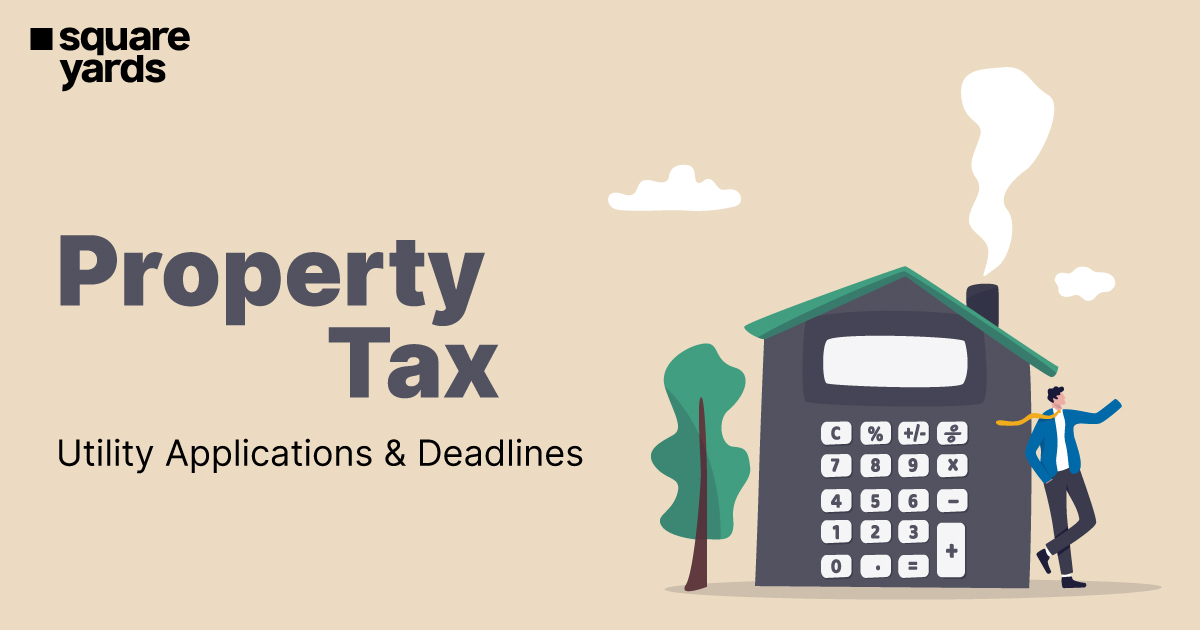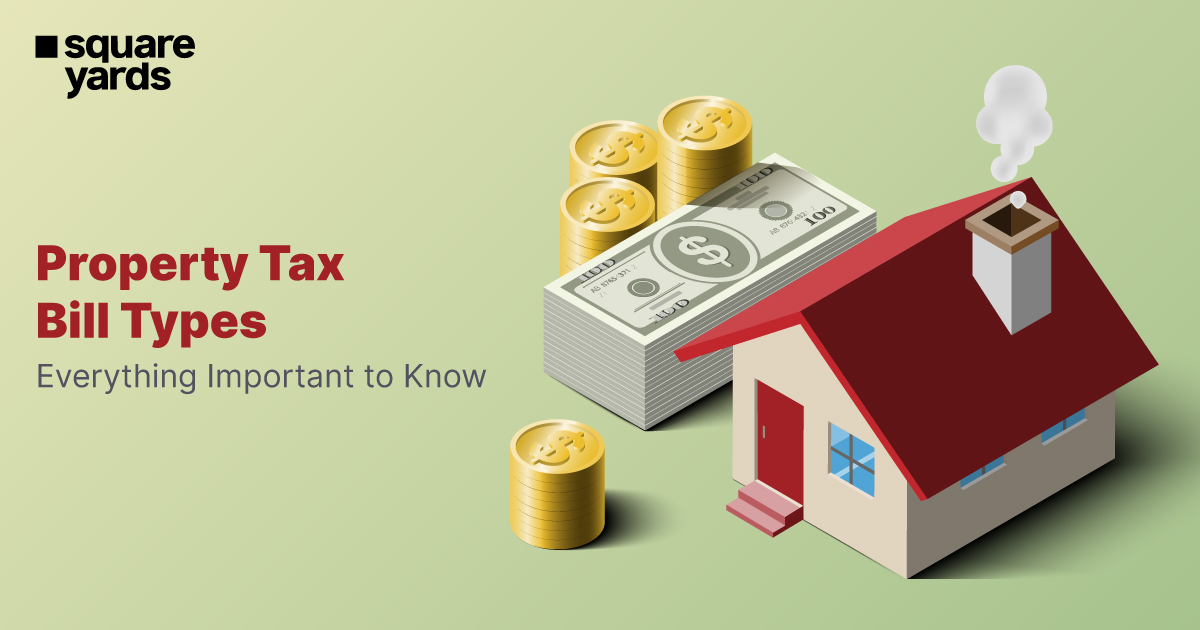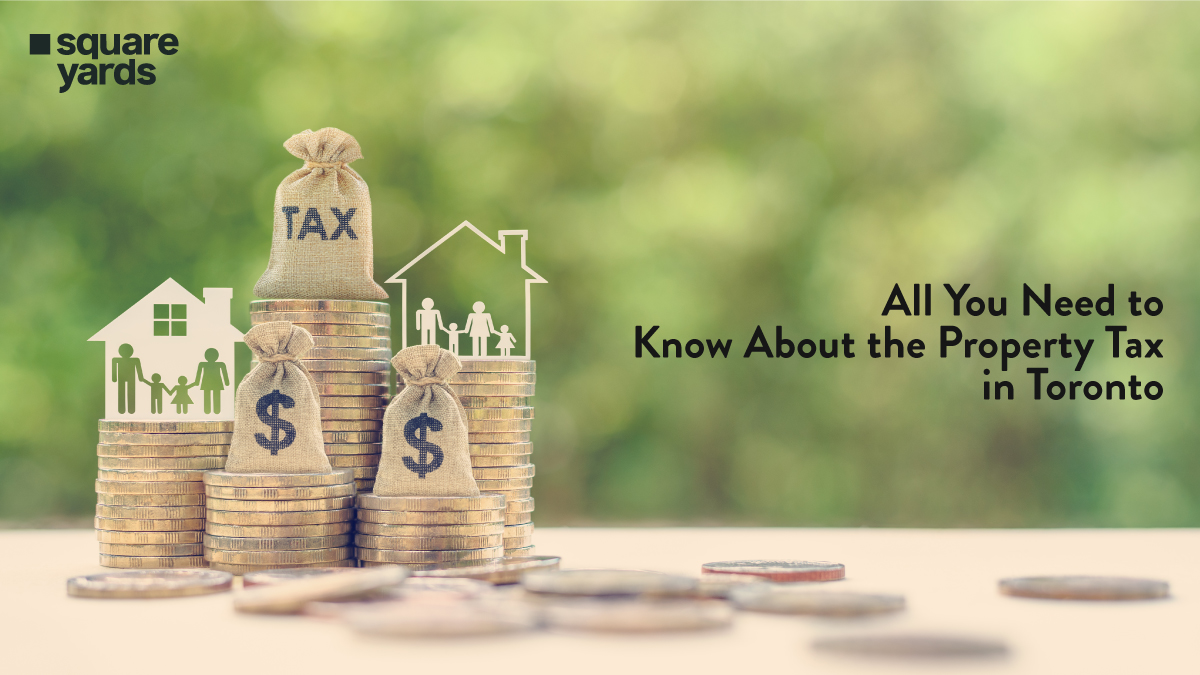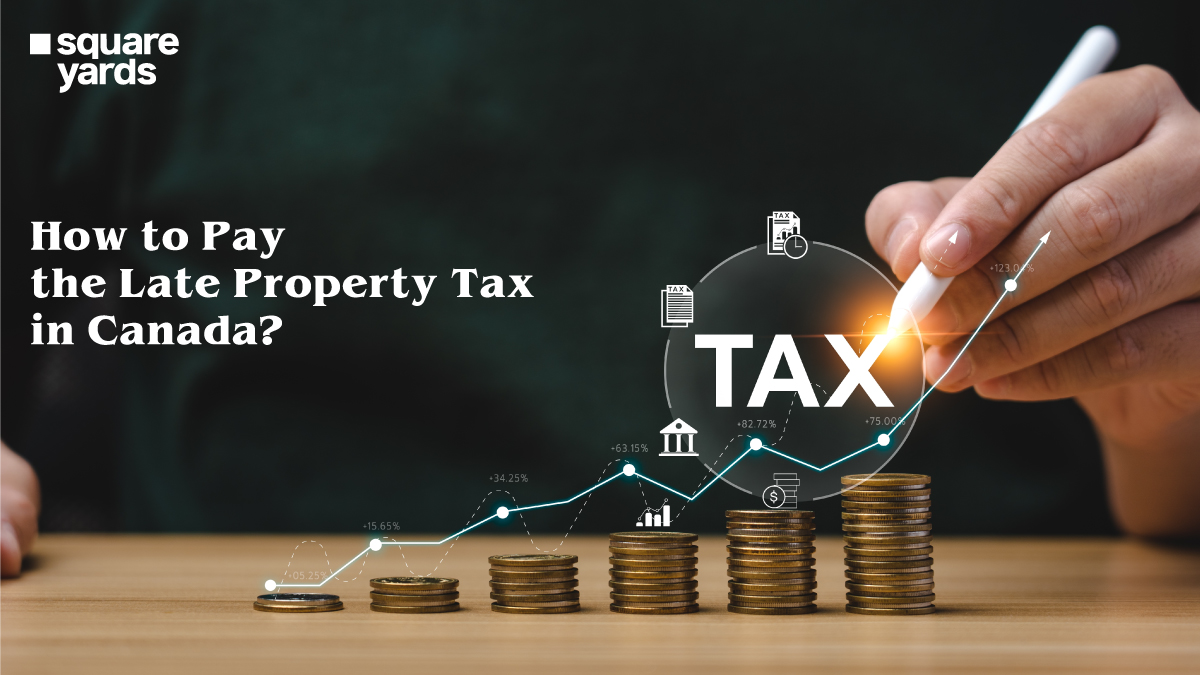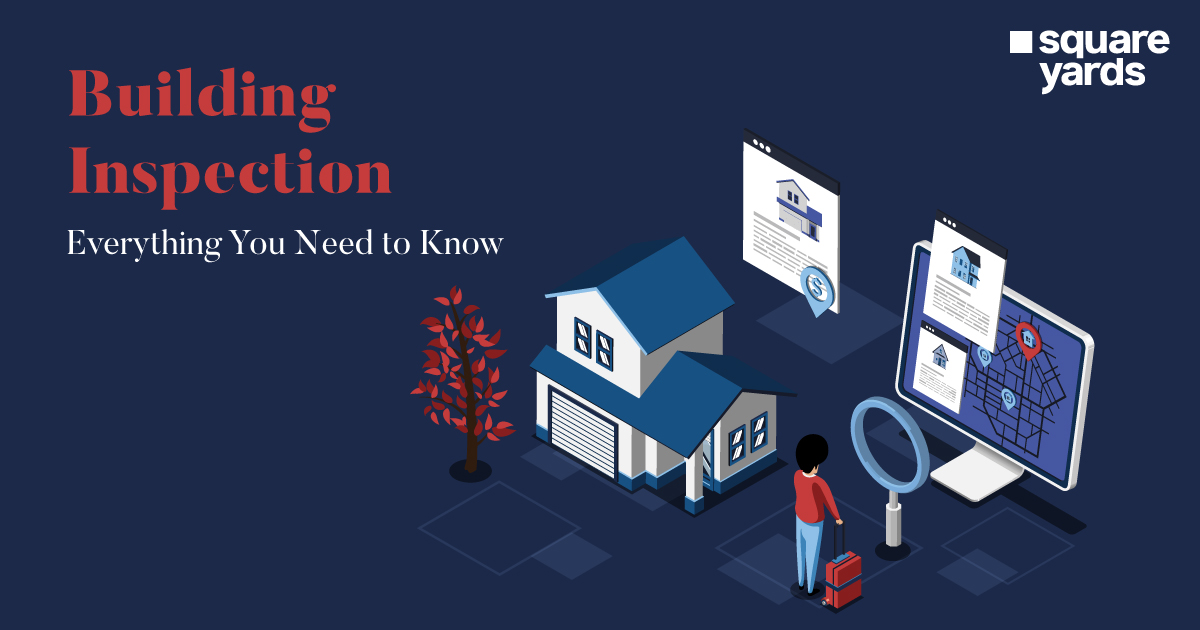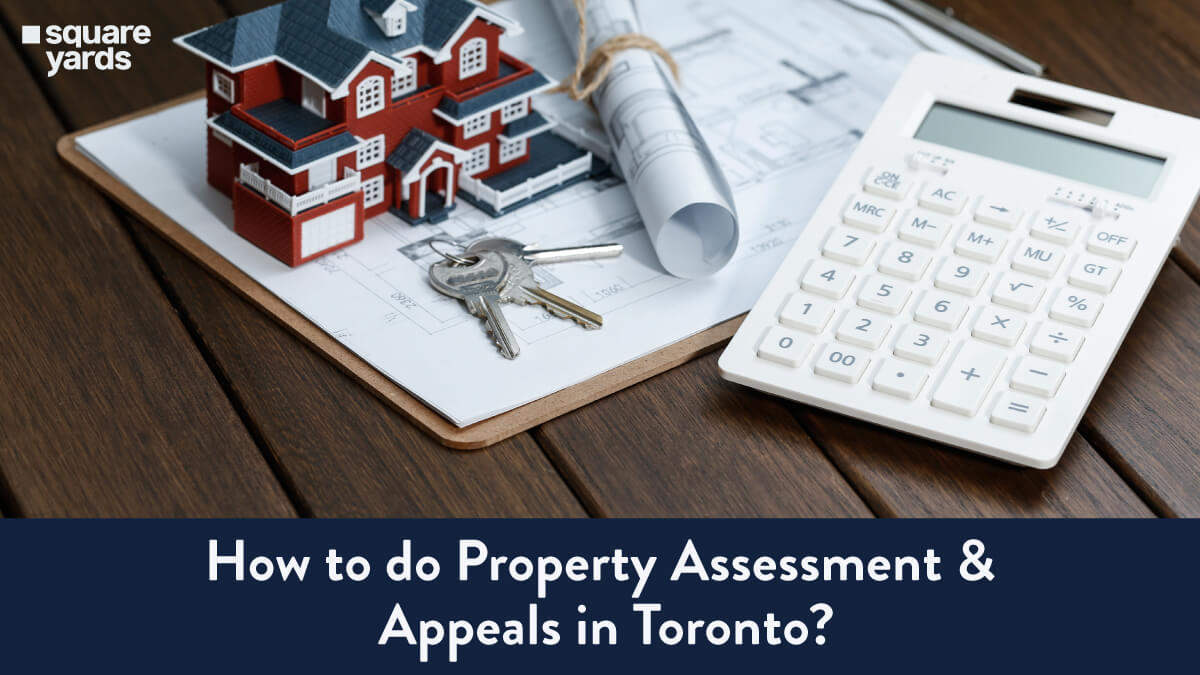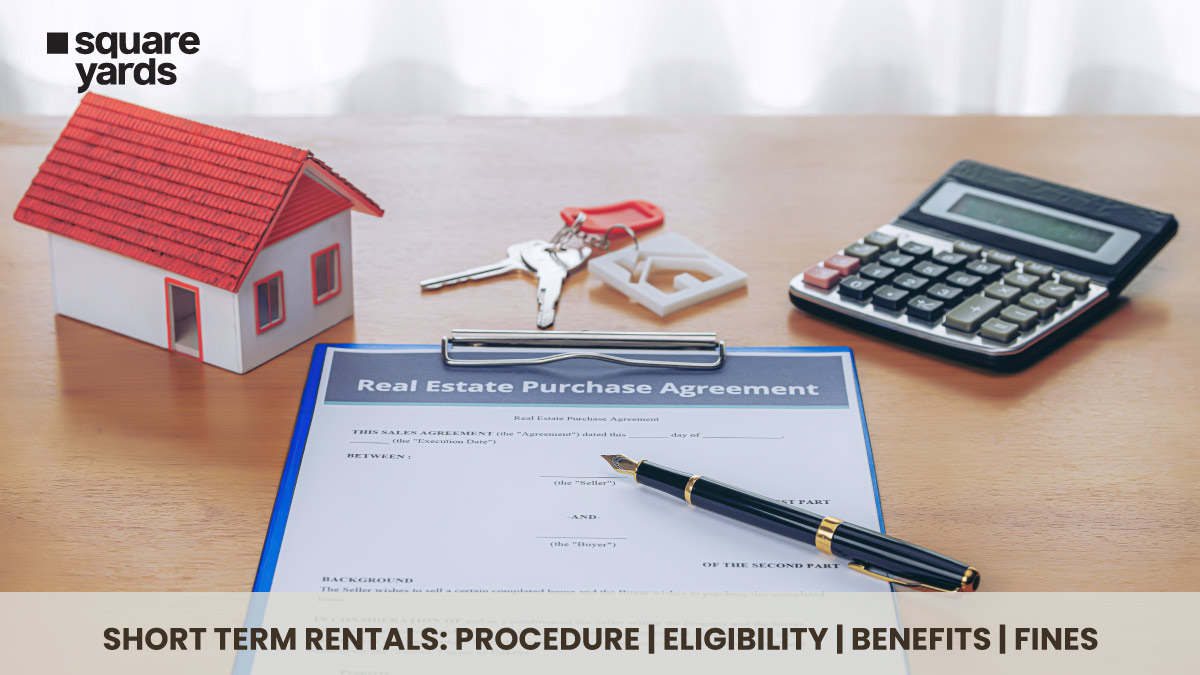Do you also encounter difficulties understanding seller's permits and resale certificates? If yes, then worry not, as this is common due to several reasons like complexity of tax laws, confusing terminology, changing regulations and state-specific variations. We all know that it is important to stay informed about Sellers Permit and Resale Certificate in order to ensure compliance and avoid potential difficulties.
One should be aware of seller's permits and resale certificates for several reasons. These are:-
- Legal Compliance - You should understand the requirements and obtain the necessary permits and certificates. This is because it will ensure compliance with state regulations. Furthermore, if you fail to comply, it can result in penalties, fines, and legal consequences.
- Sales Tax Collection - Seller's permits will allow your business to collect and remit sales tax to the state. If you know about seller's permits, it will ensure that your business correctly charges and collects sales tax from their customers. This will avoid any potential issues or disputes.
- Avoiding Double Taxation - The resale certificates will enable your business to purchase items for resale without paying sales tax. This will prevent you from double taxation, as the sales tax is ultimately collected from the final customer when they purchase the item.
- Cost Savings - When you obtain a resale certificate, your business can avoid paying sales tax on items purchased for resale, resulting in cost savings for the business.
- Building Trust with Suppliers - It provides proof to suppliers that your business is eligible for tax-exempt purchases. This helps establish trust and streamlines the purchasing process, as suppliers know they do not need to charge sales tax to your business.
- Record Keeping Business Expansion - It is important for you to maintain proper documentation of seller's permits and resale certificates for accurate tax reporting and record keeping. It ensures that your business can demonstrate compliance. This provides necessary documentation in case of audits or inquiries from tax authorities.
- Business Expansion: If you plan to expand your business or operate it in multiple states, understanding the requirements and differences in seller's permits and resale certificates across jurisdictions becomes crucial. This knowledge enables smooth expansion and avoids potential compliance issues.
Certain businesses are exempt from the obligation to hold a seller's permit. For instance, a business may be exempt if it does not conduct sales within a specific state or if it does not sell items that are subject to retail sales tax. In cases where a purchaser who is not required to hold a seller's permit intends to make a purchase using a resale certificate, it is essential for the purchaser to clearly indicate on the certificate that they do not possess a seller's permit and provide the reason why a permit is not required. This ensures transparency and compliance with the respective regulations.
The Power of Seller's Permits and Resale Certificates
Every retail business must obtain a resale permit or exemption certificate. This requirement is essential as it enables the government to monitor operational businesses and track incoming tax revenue. For business owners engaged in buying and selling products from vendors in different states, a resale certificate or permit becomes indispensable. It avoids unnecessary taxes, allowing businesses to continue generating profits. We can say that sellers permit and resale certificate are essential tools for sales tax compliance and business growth.
Mastering Seller's Permits or "Sales Tax" License
Seller's permit, also known as a "sales tax" permit or license, is a document that enables a state to identify a business as a collector of sales tax. A Seller's permit is a license granted by the state to businesses, enabling them to sell products or services and collect sales tax from customers within the state. With this permit, sellers assume the responsibility of remitting the collected sales tax to the state on a monthly or quarterly basis, depending on the regulations specified by the state. This permit is required for -
- Sole Proprietors
- Partnerships
- Limited Liability Companies
- Corporations
It is required for corporations engaged in selling tangible property to the public as either a wholesaler or a retailer. Tangible property refers to physical items such as toys, jewelry, vehicles, and even construction materials for homes and repairs. In some states, service-oriented businesses like accountants, lawyers, and therapists may be required to collect a tax, necessitating the acquisition of this seller's permit. Say, you want to sell products in Canada, it is essential to obtain a valid business license. Additionally, you must ensure that your business is duly registered and holds the seller's permit issued by the relevant authorities. Furthermore, it is necessary to register for the Goods and Services Tax (GST) to meet the tax obligations. By fulfilling these requirements, businesses can operate legally and comply with the necessary regulations when selling products in Canada.
Palpable property for direct resale
To sell products in Canada, obtaining a business license and registering your business with the appropriate authorities is necessary. Additionally, you must acquire a seller's permit to comply with the regulations. Furthermore, registration for the Goods and Services Tax (GST) is mandatory. Ensuring compliance with these legal obligations enables businesses to operate within the legal framework and conduct sales activities in Canada.
Temporary sellers, such as seasonal, holiday, or rummage sales operators, may also need to obtain a temporary seller's permit. It is worth noting that while most businesses holding this resale certificate also possess a seller's permit, certain manufacturers exclusively provide components for other products and do not sell products for resale. As a result, they may be exempt from holding a seller's permit since they do not collect sales tax. In summary, a seller's permit allows a business to sell goods or services and collect sales tax, while a resale certificate allows a business to purchase goods for resale without paying sales tax. Both documents play a crucial role in complying with sales tax regulations and conducting lawful business operations.
Comprehending Resale or Wholesale Certificate
A resale certificate proves that a business has the right to make specific nontaxable purchases. These purchases include wholesale items intended for resale or items used in the manufacturing process of products intended for resale. Resale certificates prevent the double sales tax collection on these products, as the sales tax is typically collected when the final customer purchases the item.
When registered sellers acquire items for resale, they can avoid paying sales tax by providing their supplier with appropriate documentation in the form of a resale certificate. This tax certificate proves the purchaser intends to resell the item and report tax on the final sale in good faith.
Moreover, as a seller, you can accept resale certificates from other individuals or businesses seeking to purchase items for resale.
Resale certificates can take various forms, with a blank resale certificate readily accessible online. Regardless of the format, a resale certificate must contain the following details:-
- Name and address of the purchaser.
- Purchaser's seller's permit number (unless not required to hold one).
- Description of the property being purchased.
- Explicit statement confirming that the described property is intended for resale.
- Date of the document.
- Signature of the purchaser or an authorised representative.
By adhering to these requirements, resale certificates streamline the process of tax-exempt purchases for resale, benefiting both sellers and purchasers.
Resale certificates establish a business's eligibility to make specific tax-free purchases. These purchases encompass wholesale items intended for resale and items acquired for use in manufacturing products for resale. Resale certificates play a vital role in preventing the duplication of sales tax collection on products. Instead, sales tax is collected when the end customer ultimately purchases the item. The resale certificate proves to the seller that the purchased items will be resold and not consumed by the buyer. Businesses need to keep records of the resale certificates they provide to their suppliers in order to justify the sales tax exemption.
It's important to note that resale certificates are generally not transferable across state lines. They may also be referred to by various names such as nontaxable transaction certificates, sales tax exemption certificates, or sales and use tax resale certificates. To maintain tax records, the seller of the original items will request a copy of the purchaser's resale certificate.
Understanding the Difference: Seller's Permit vs Resale Certificate
The state sales tax collection process involves two terms familiar to many business owners: the seller's permit and the resale certificate. Different states may use one term instead of the other, while some states combine the two documents into one form. However, it is important to understand the difference between these terms before applying for business permits through your state's Department of Licensing and Regulations.
A seller's permit grants retailers the authority to sell products and lawfully collect state sales taxes. While a resale certificate is necessary for purchasing goods, a seller's permit is a prerequisite for selling them. With a seller's permit in hand, retailers can engage in legitimate sales transactions and fulfill their tax collection obligations.
Seller's Permit | Resale Certificate |
You will be able to collect and remit sales tax. | You will be able to purchase items tax-free. |
It is necessary to do business in a given state legally. | It is required if you want to make tax-exempt purchases from suppliers/wholesalers. |
One requires a Seller's permit from his/her state. | It is something that you would give to suppliers/wholesalers that they can use as proof that they've sold the products to you tax-exempt. |
A seller's permit and a resale certificate are commonly used in business transactions. While they serve similar purposes, there are some differences between the two.
A seller's permit is also referred to as a sales tax permit/ sales tax license, is a document issued by the government that allows a business to sell goods or services and collect sales tax from customers.
It is obtained from the state or local tax authority. The seller's permit is essential for businesses that engage in retail sales or wholesale transactions. Since, they are required to charge and collect sales tax from their customers. The collected sales tax is then remitted to the appropriate tax authority.
On the other hand, a resale certificate is a document that allows a business to buy goods or services without paying sales tax on those items. It is issued to businesses that will resell the purchased items to customers. When a business purchases goods for resale, it can provide the seller with a resale certificate instead of paying sales tax. The business is then responsible for charging and collecting sales tax from the end customers when they sell those goods.
What is Paying Sales Tax?
Any business selling palpable property for direct resale must possess the seller's allowance to work legally in any state. Obtaining a seller's allowance is generally free of cost and grants the business a unique permit number. Sellers mostly collect sales tax when they purchase it, and the business owner is responsible for remitting the collected sales tax to the government quarterly by including the sales tax permit number. It is present on the state's tax payment form.
Buyers who Make Use of Resale Certificates
Businesses that purchase items for resale motives must give a resale certificate to the seller. This will exempt them from paying sales tax. The certificate serves as evidence for the seller if questioned by the state regarding the lack of tax collection on the purchase. Resale certificates often require business owners to specify the tax-exempt items they intend to purchase, preventing them from using the certificate for non-qualifying purchases. Some states may require businesses to complete an application. This is necessary to get a resale certificate. Additionally, others may provide a list of information that the purchaser must provide to the seller in the memorandum, form of a letter, memorandum, or note.
You May Also Read:

